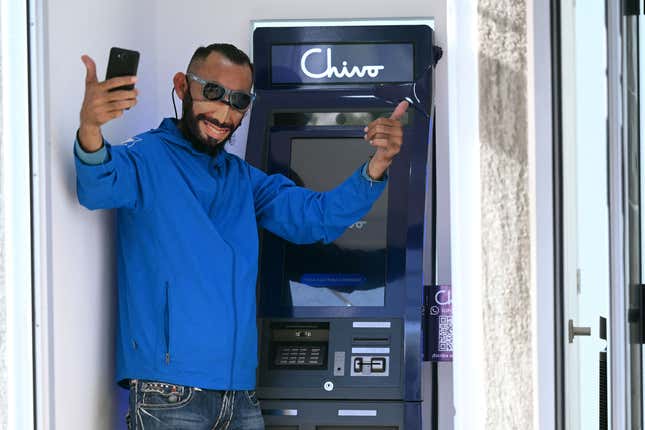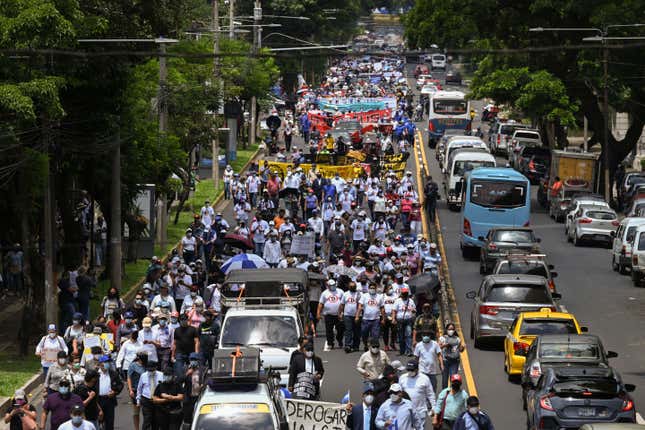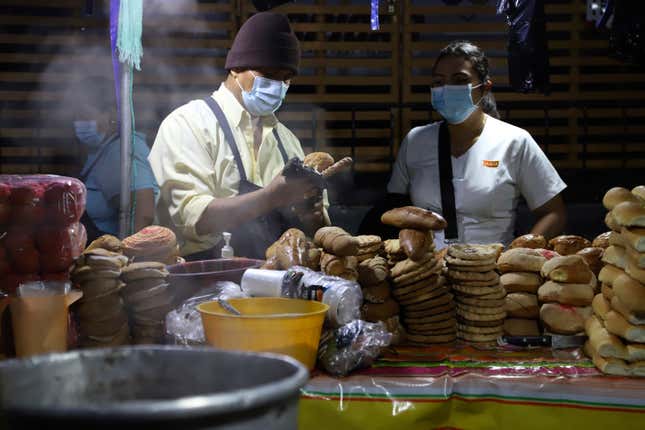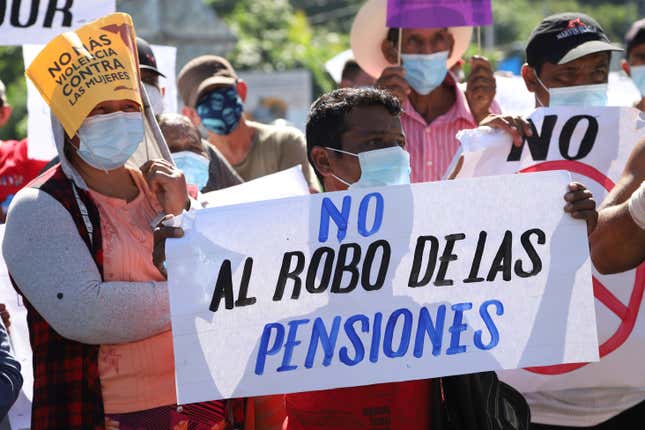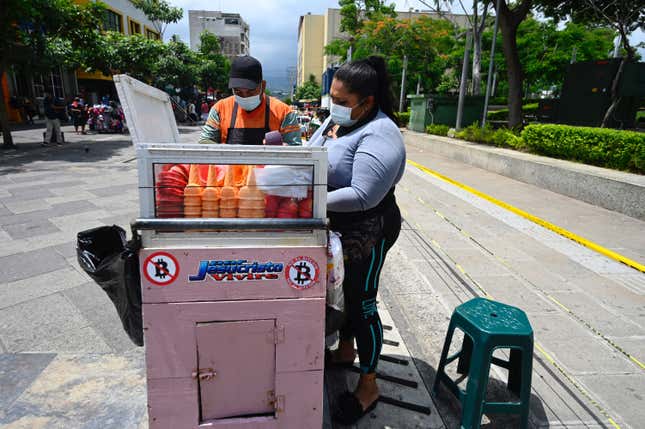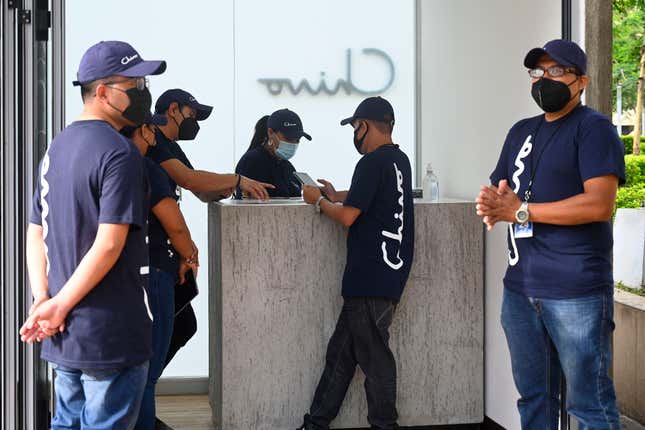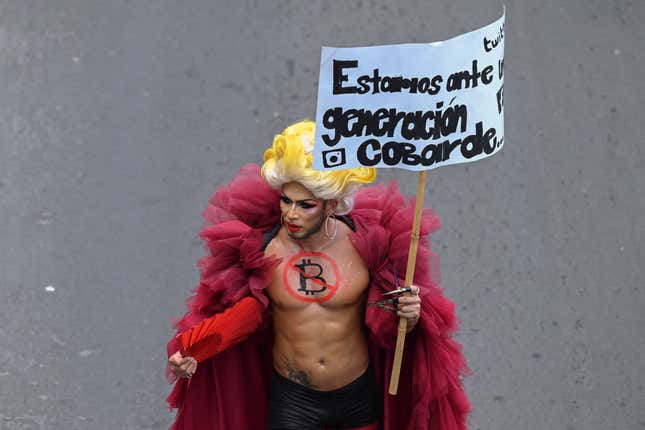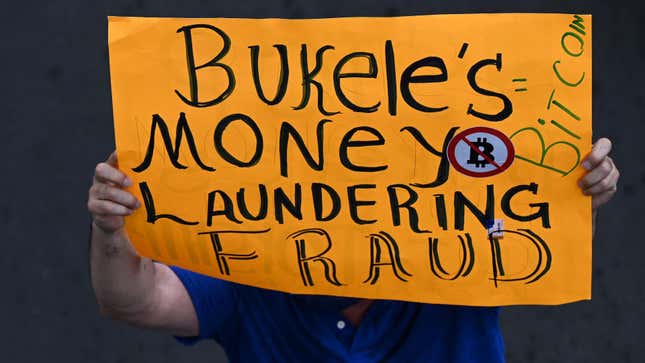
More than 1,000 people took to the streets of San Salvador, El Salvador on Tuesday to protest against the country’s new Bitcoin Law, championed by 40-year-old President Nayib Bukele. The law recognizes bitcoin as legal tender, and is considered a huge gamble for one of the poorest countries in Latin America.
